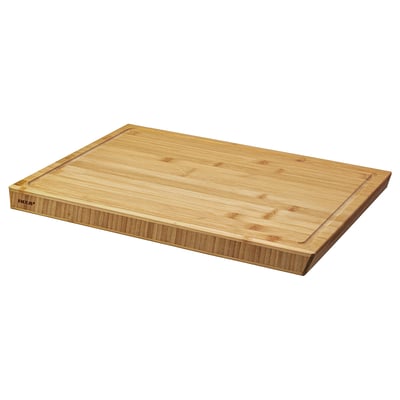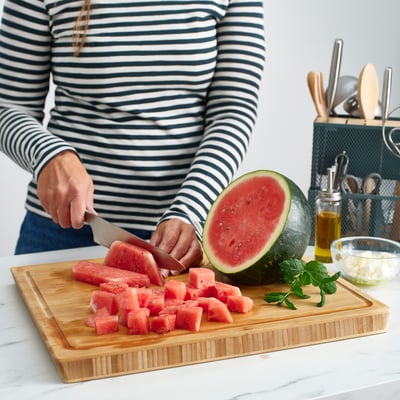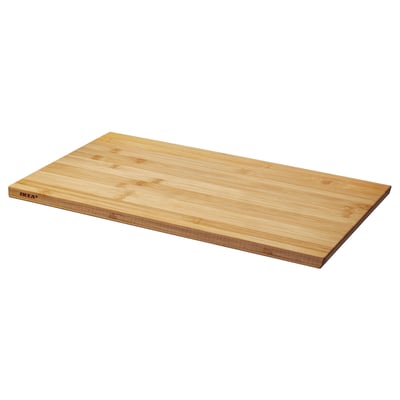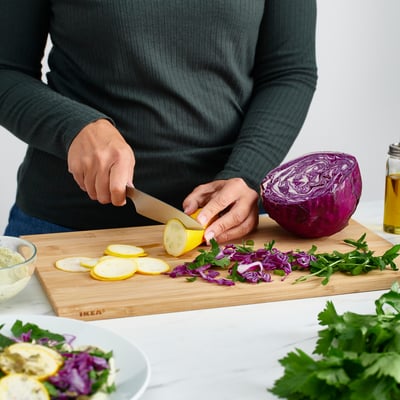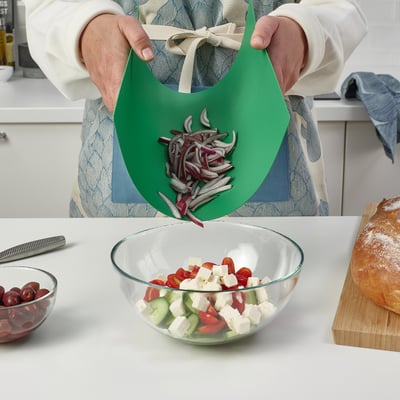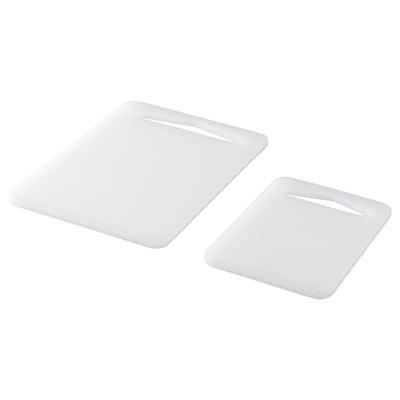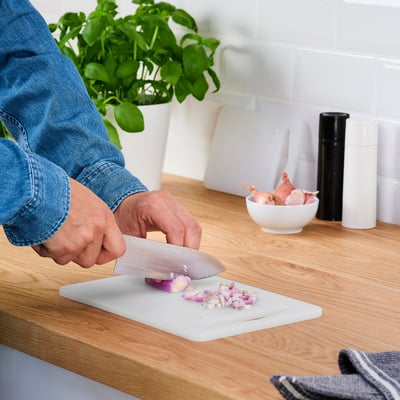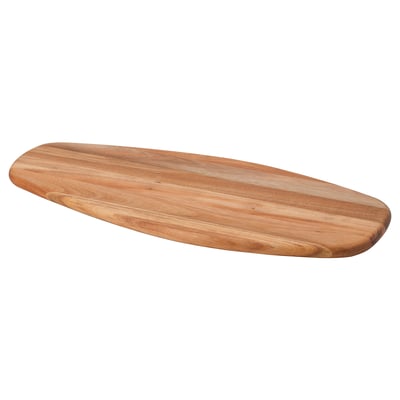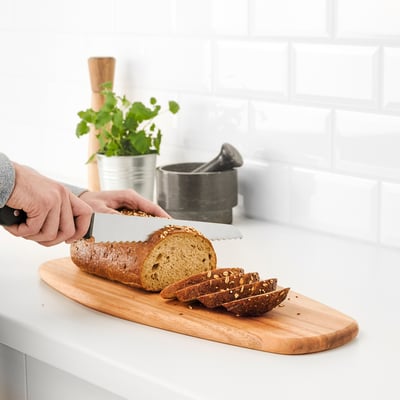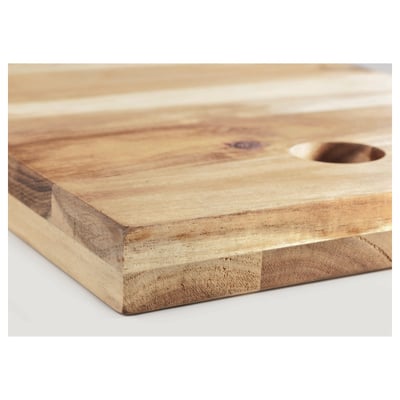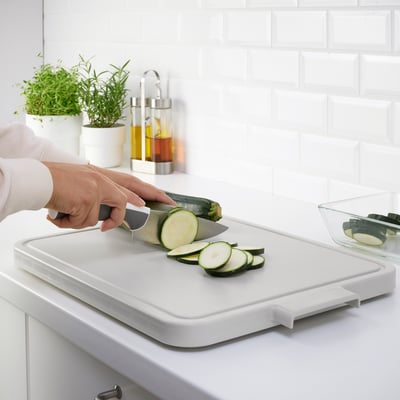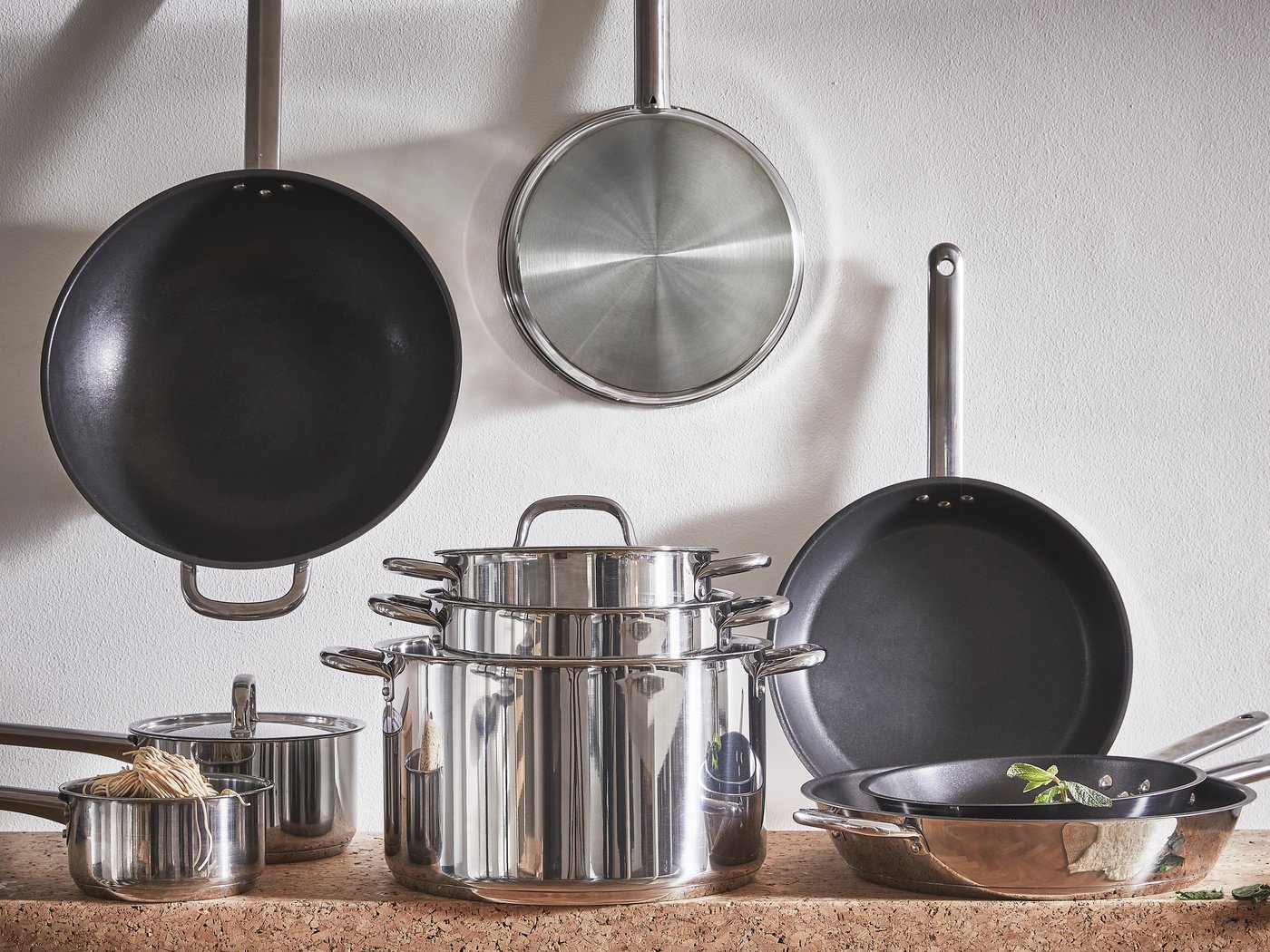How do you take good care of your knives?
Even people who don't really spend much time in the kitchen use a knife almost every day. With proper care, a knife can accompany you for a lifetime and make cooking faster and more fun. Here are some tips for sharp knives and more tips for a longer life.
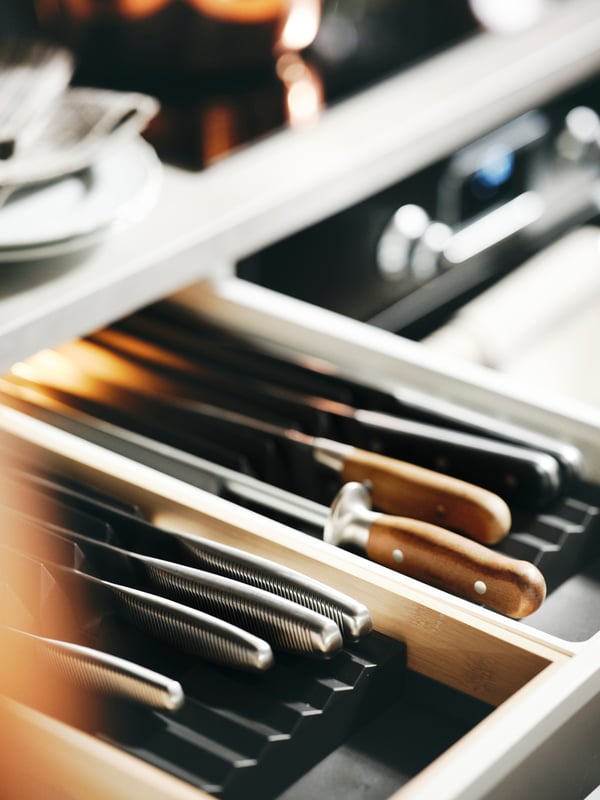
- Product information page
Wash by hand
We recommend washing your knives by hand immediately after use. This eliminates rust and bacteria and prevents the transfer of raw chicken to vegetables, for example. Knives should be rinsed with warm or lukewarm soapy water and then dried. Do not throw knives in the sink with dishes, as this can damage heavy pans, for example. Additionally, knives in a filled sink increase the risk of injury if someone unprepared reaches into the sink and cuts themselves.
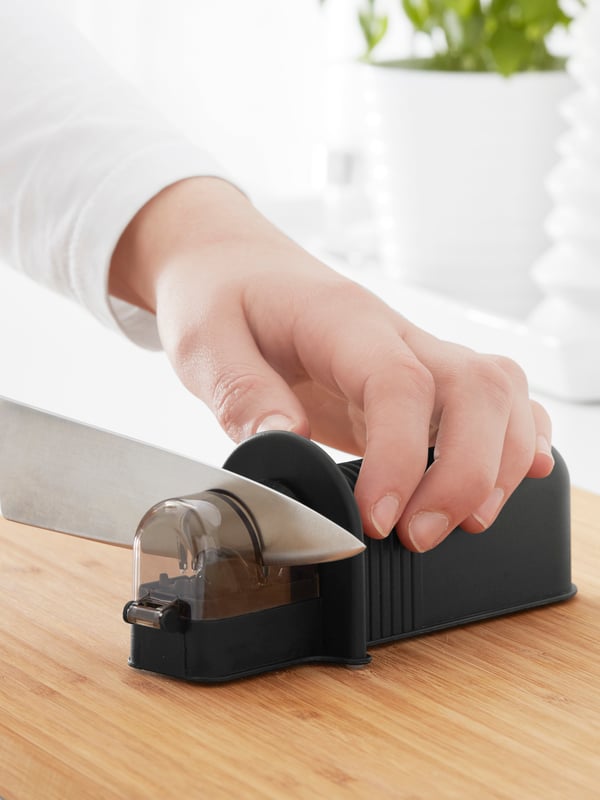
- Product information page
How do you keep your knives sharp?
A sharp knife is safer than a blunt knife, so sharpen your knives as regularly as possible. Once a week is perfect. Make sure the sharpening material is harder than the steel of the blade. Therefore, a sharpening rod made of ceramic or chrome steel, a whetstone or a knife sharpener is recommended. Please note: Knives with serrated edges (e.g. bread knives) must be sharpened by experts. Avoid cutting frozen or very hard foods (such as bones) with your knife, as this can bend or damage the blade. When cutting through hard food, you need to move the blade from front to back and back. Avoid prying from side to side.

- Product information page
Use a cutting board
We always recommend using a wooden or plastic cutting board. When cutting on glass or metal surfaces, the blade can become dull or even damaged. Wood is friendlier to the blades than plastic, but both wood and plastic are hygienic surfaces, as long as they are cleaned regularly with dishwashing liquid and are free of deep grooves (where bacteria can easily multiply).

How do you store your knives?
An often overlooked point in knife maintenance is proper storage. Proper storage protects the knife from damage, prevents cuts and generally extends the life of your knife. It is generally recommended to store them in a knife block, a knife compartment or on a magnetic strip on the wall.
